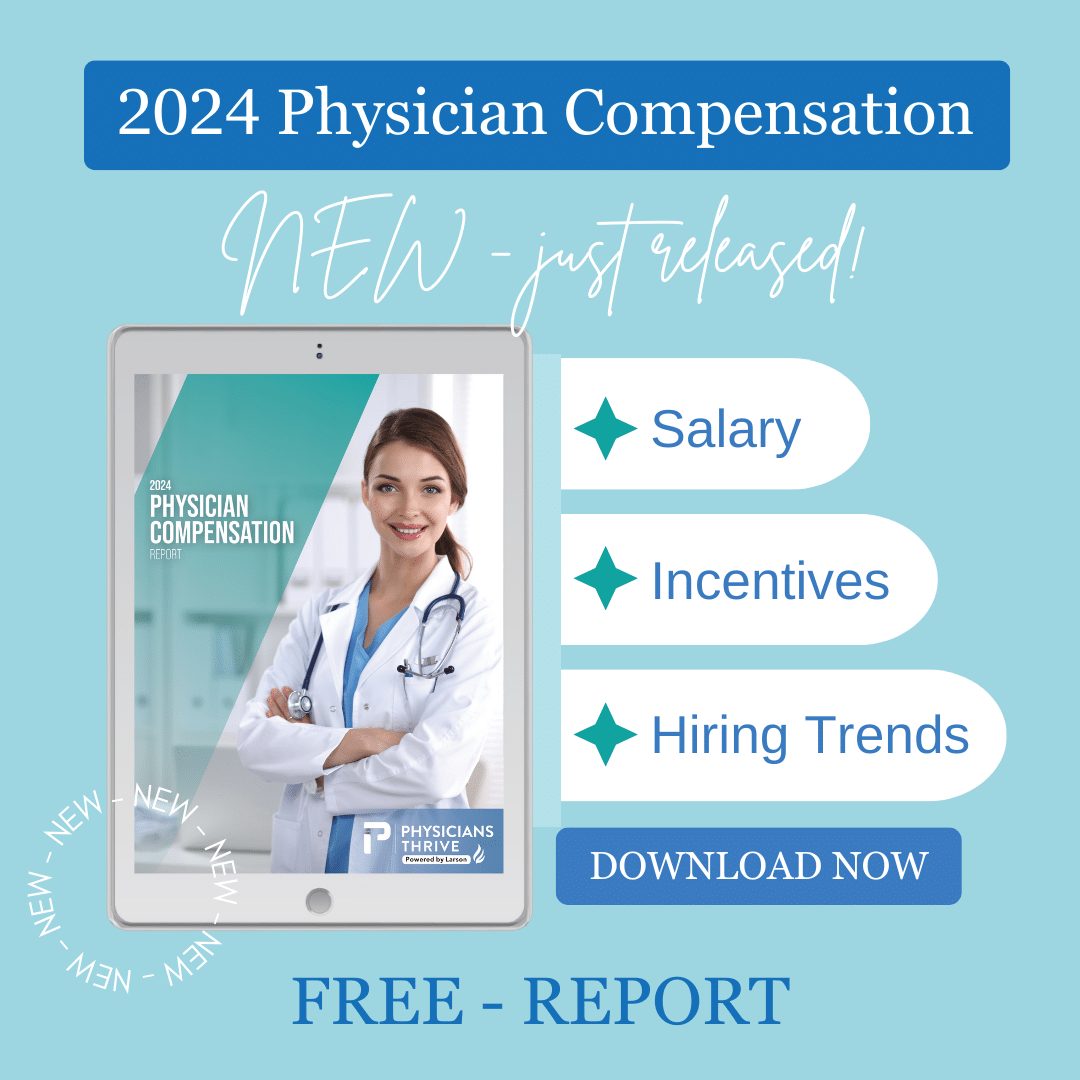Do you know how taxes could impact the value of your disability benefits? Learn about the best disability insurance for physician financial planning:
When you’re considering a long-term tax plan, you must consider the good years, bad years, and any unexpected interruptions to your earning track. One of the most tragically common events that can impede a physician’s career is the onset of a disability. According to the Council for Disability Awareness, one in four working Americans will go on disability leave at some point in their careers.
Most physicians are familiar with the crucial safety net that disability insurance provides. However, whether you have group coverage or an individual insurance policy, it’s important to understand how the disability benefits can impact your long-term tax and financial planning.
Types of Disability Insurance Policies for Doctors
Physician disability insurance is available in the form of an individual policy or a group plan. An employer or association typically offers group plans. And the employer usually subsidizes all or most of the cost. Association plans are usually individually paid. Individual policies, on the other hand, are purchased by physicians from private insurance companies.
The goal of all physician disability insurance is to provide financial protection in the event that a doctor becomes too sick or injured to work. However, there are important differences between group and individual insurance policies when it comes to key definitions, exclusions, and terms. One of the often overlooked distinctions has to do with how they tax different disability policies.
Taxing Disability Benefits: Who Pays?
The impact of disability benefits on a physician’s taxes are determined by whether they pay the premiums with pre-tax or after-tax dollars. If they pay the premiums with after-tax dollars, the benefits are non-taxable. However, if premiums are paid with pre-tax money, either by the employer or the physician, the benefits are subject to ordinary income tax rates.
A physician’s employer typically pays for group disability insurance and they deduct the premium from the practice’s revenue. As a result, the physician is responsible for paying taxes on all benefits received.
Sometimes, the employer only partially subsidizes group disability coverage, and the physician pays the remainder of the premium with their own after-tax money. In this case, the physician will only have to pay partial taxes on benefits, proportionate to the subsidy-received.
Individual disability insurance policies are almost always purchased by physicians themselves and paid for with after-tax dollars. As a result, the benefits from individual disability policies are not taxable. And the policyholder will receive the full benefit amount.
Read this: Understanding Ancillary Benefits for Physicians
The Bottom Line
It’s important to understand the tax implications of income from any policies that protect you. Both individual and group plans to ensure that you have adequate financial protection. As a general rule, your disability coverage should pay you benefits equivalent to 60% of your income if you become too sick or injured to work in your specialty. However, if you lose a significant portion of your benefit to taxes, you may be without enough income to meet your financial needs.
Moreover, imagine a physician with group disability coverage who earns an annual salary of $375,000. The physician suffers a stroke and has to go on disability leave. The group plan offers a monthly benefit of $19,000. However, because the employer paid for the coverage with pre-tax dollars, the physician has to pay taxes on the benefit amount. After taxes, it may leave the physician with only $12,000 a month and cannot afford to pay for bills and basic living expenses.
Individual disability insurance policies can help physicians protect against risky gaps in coverage that are common from group plans. Regardless of your income tax bracket, you will always receive the full benefit amount from an individual disability insurance policy when it is paid for with after-tax dollars. With better coverage, fewer exclusions, and portability from job-to-job, individual disability insurance is the best option. It helps make sure you receive all the necessary benefits in the event of a disability.
Finally, our team of physician-specific advisors offer comprehensive financial and tax planning services. To learn more about long-term tax savings and disability insurance for doctors, talk with an advisor today.
Get Physician Specific Financial Planning
Work with advisors that know physicians.
Get Financial Planning
Need help with something else?
Get Your Free Disability Insurance Quote! It’s easy!







































